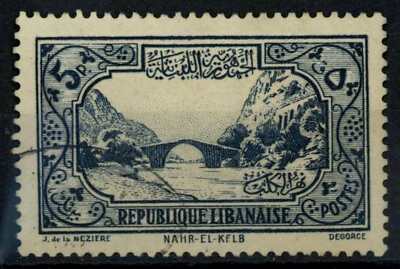
Introduction
The situation in Lebanon remains a critical topic of discussion, as the nation grapples with political instability, economic woes, and social unrest. As one of the most historically rich countries in the Middle East, its current challenges not only affect its citizens but also have significant implications for regional stability and international relations.
Political Crisis and Governance
Lebanon has been experiencing a prolonged political crisis since the resignation of Prime Minister Hassan Diab’s government in August 2020, following the devastating Beirut port explosion. Political negotiations to form a new government have been fraught with challenges, leading to prolonged power vacuums. The political landscape is heavily influenced by sectarian divisions and the influence of regional powers, leading to a stalemate that complicates effective governance.
Economic Challenges
The economic situation in Lebanon continues to deteriorate, marked by hyperinflation and a rapidly depreciating currency. The Lebanese pound has lost over 90% of its value since 2019, which has plunged much of the population into poverty. The World Bank has described this economic crisis as one of the worst in modern history, with many citizens struggling to afford basic necessities such as food and electricity, further exacerbating social unrest.
Social Unrest and Public Sentiment
Public protests have surged in response to rising prices and the government’s inaction. Citizens have taken to the streets, demanding accountability and reform in governance. Many view the ruling elite as corrupt and disconnected from the hardships of everyday life. These protests are not just about economic hardship but are also a fight for systemic change, highlighting the demand for a new political framework that can address these ongoing crises.
International Response
The international community has shown concern for Lebanon’s situation, with various humanitarian organizations providing assistance and calling for political reform. The European Union and the United States have imposed sanctions on key political figures linked to corruption and have urged for reforms as a condition for foreign aid. However, the lack of progress in leadership and unity among Lebanon’s factions has made international efforts challenging.
Conclusion
The future of Lebanon rests on its ability to navigate out of this multifaceted crisis. As citizens continue to voice their frustrations, the need for international support and internal reforms becomes ever more critical. The situation remains fluid, and the global community watches closely, recognizing that the stability of Lebanon is intrinsically linked to broader regional dynamics. Without significant changes, the struggles faced by the Lebanese people may continue for the foreseeable future, leaving countless questions about the country’s trajectory and the wellbeing of its citizens.



